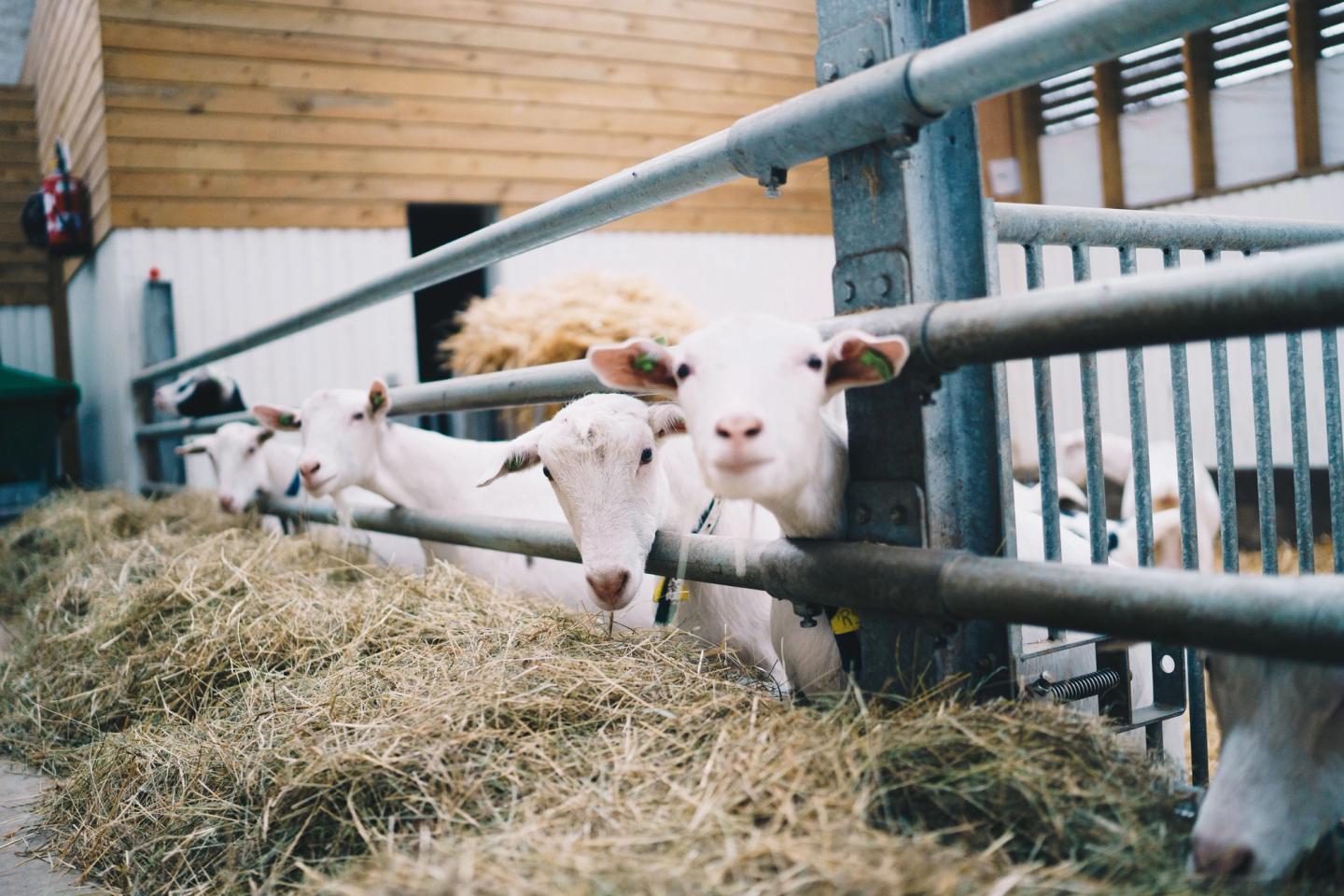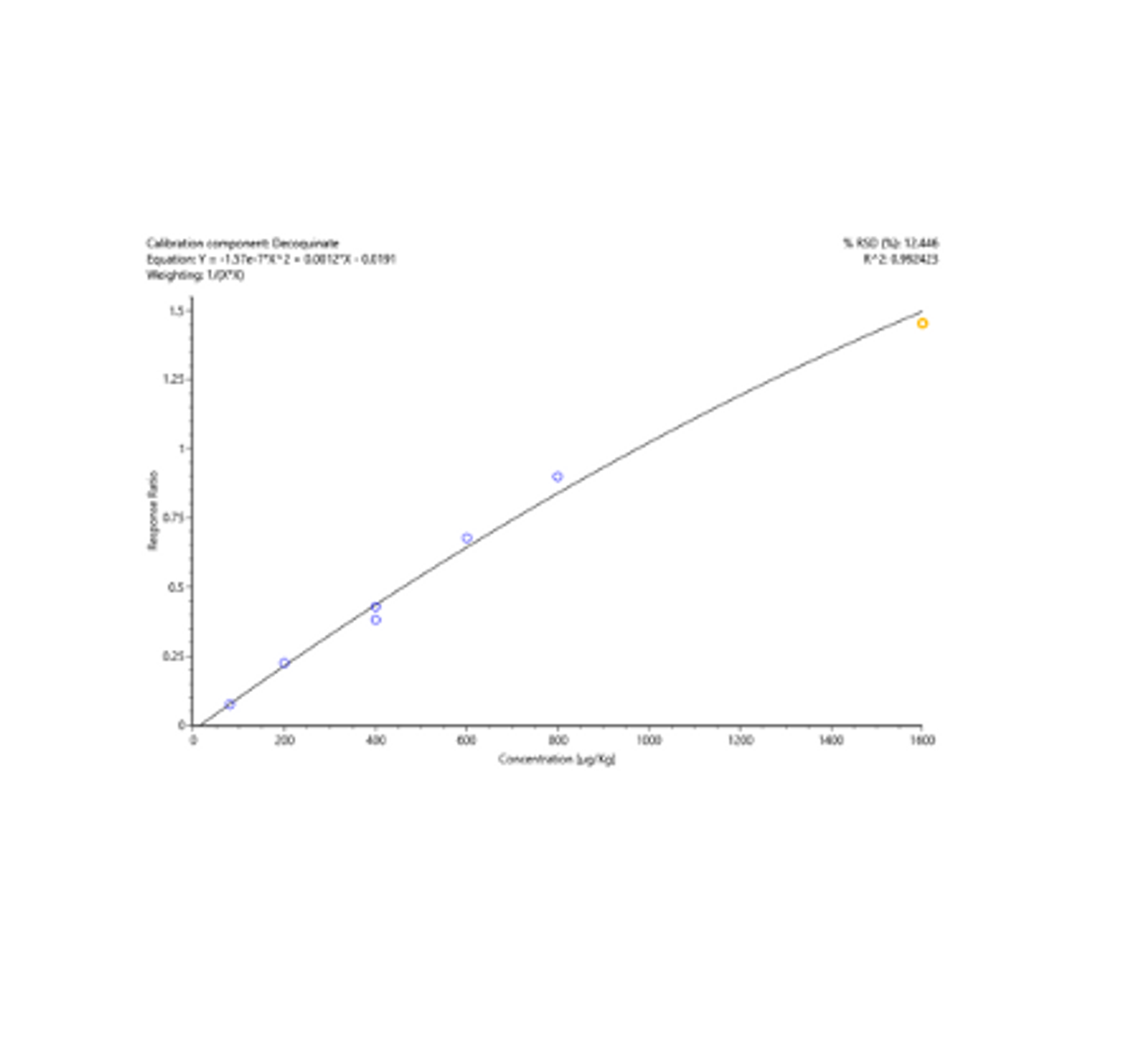GLP Residues Studies
An important activity for food safety assessmentResidue testing is an important activity for food-safety assessment in animal products (meat, egg, milk, etc.) that have been fed with feed grown with phytopharmaceutical products or treated with pharmaceutical products to prevent or cure diseases.
These studies involve measuring the residual dose of the compound of interest over the time after administration, and also determining the presence of related metabolites that could potentially pose health risks when the product is consumed by humans.

Key figures
> 100 residue studies
> 12 species available
GLP certified since 1993

At CER Groupe, we manage routine residue-testing studies thanks to our GLP certification, our facilities dedicated to production animals (poultry, pig, sheep, cows, horse, etc.), and our highly specialized capabilities in mass spectrometry analysis. This results in a comprehensive offer for industry and official control agencies, one that meets the highest standards (ICH, VICH, ISO) from both a quality and operational perspective.
We offer a fully integrated service for residue testing, by combining several animal species, including large animals, and a state-of-the-art analytical platform using high-resolution mass spectrometry for quantifying residues and metabolites. Both of these aspects are managed under GLP certification. CER Groupe has been a trusted partner to veterinary health and phytosanitary companies for decades.

CASE STUDY
Xenometabolomic analysis of phenolphthalein usingUHPLC-HRMS/MS
Veterinary drugs indicated for use in livestock require the completion of residues studies under GLP conditions in order to determine the product half-life and metabolism, identify related metabolites, and assess minimum latency between the last administration and animal slaughter.
